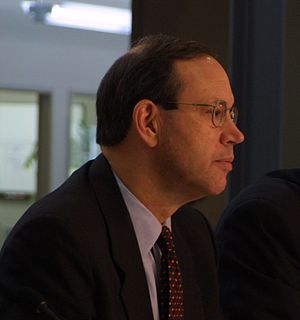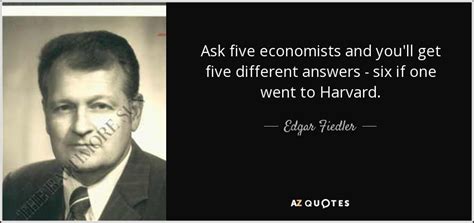A Quote by Marco Rubio
The problem is that we are trying to prepare people for the new economy using a higher education system built for the old economy. As a result, many high-skilled, high-paying industries suffer from a shortage of labor, while too many low-paying industries suffer from a surplus.
Related Quotes
Central bankers always try to avoid their last big mistake. So every time there's the threat of a contraction in the economy, they'll over stimulate the economy, by printing too much money. The result will be a rising roller coaster of inflation, with each high and low being higher than the preceding one.
Most people think of the economy as producing goods and services and paying labor to buy what it produces. But a growing part of the economy in every country has been the Finance, Insurance and Real Estate (FIRE) sector, which comprises the rent and interest paid to the economy's balance sheet of assets by debtors and rent payers.

































